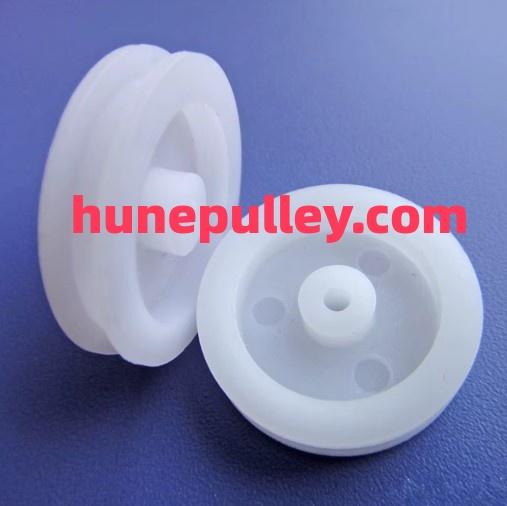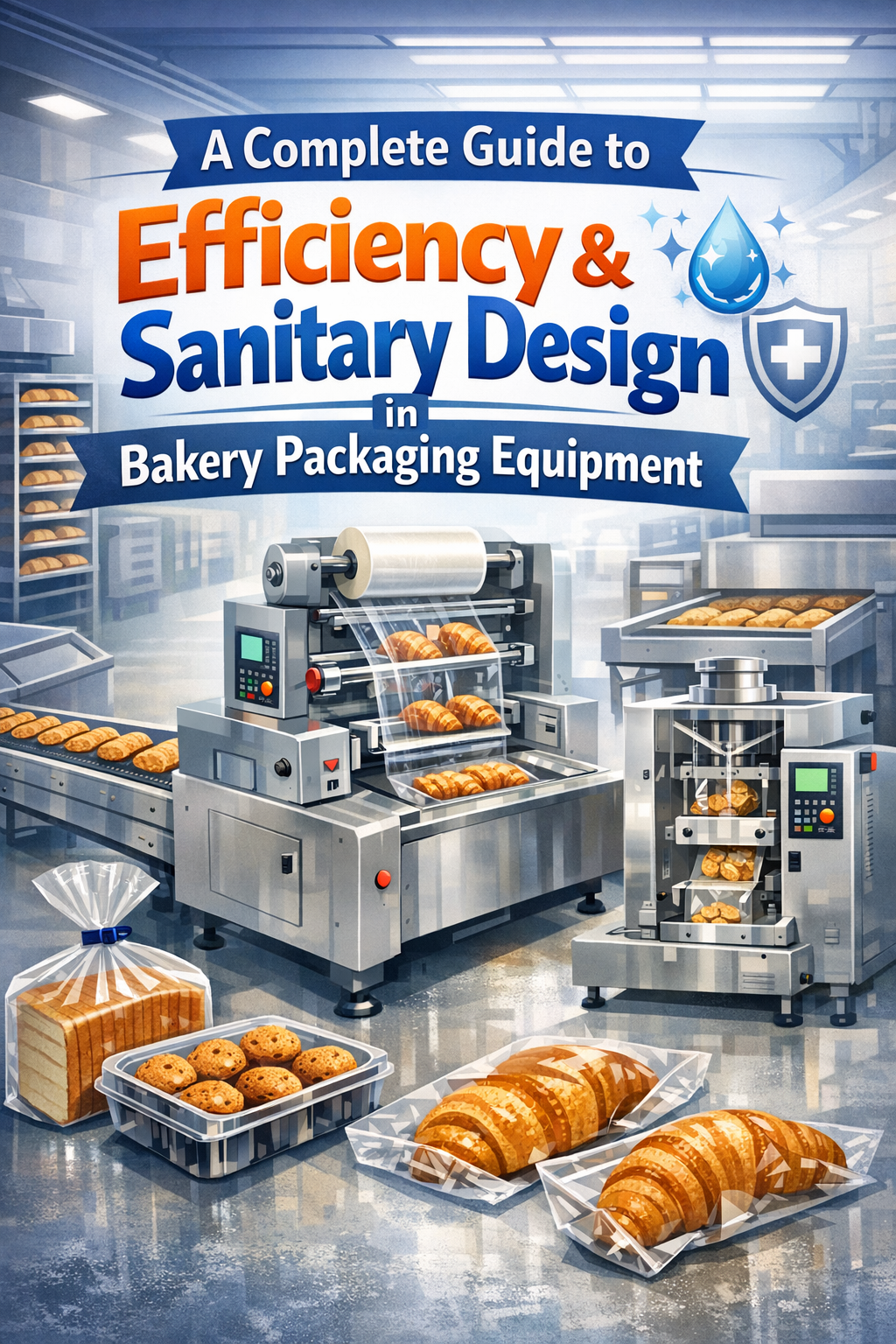Can Small Plastic Pulley Wheels from Hunepulley Improve Efficiency and Reduce Noise?

In modern mechanical design, a Small Plastic Pulley Wheels Factory plays a key role in reducing system weight. By producing lightweight components with precise tolerances, such factories allow engineers to create agile, energy-efficient systems without sacrificing reliability. Lightweight wheels also reduce strain on supporting structures and motors, improving longevity and efficiency across a variety of applications.
1. Material Innovation: Lightweight Without Compromising Strength
Advanced polymers provide durability while minimizing mass.
Shock-absorbing characteristics prevent excessive wear and stress.
Resilient materials adapt to different surfaces, supporting stable motion.
Using innovative plastics, a factory ensures wheels are strong enough to withstand repeated stress but light enough to contribute to overall system efficiency. This balance is especially important in compact or portable designs where every gram counts.
2. Precision Engineering for Smooth Motion
Consistent molding reduces wobble and improves stability.
Exact dimensions enhance alignment with belts, ropes, or tracks.
Low-friction surfaces allow lighter motors or drives to operate efficiently.
Precision manufacturing ensures that wheels maintain a consistent path, which directly impacts system responsiveness and energy consumption. Even small improvements in accuracy can translate into significant operational benefits.
3. Customization: Meeting Specific Design Goals
Wheels can be tailored to diameter, groove depth, or load requirements.
Modular options allow replacement or reconfiguration without redesigning the entire system.
Designers gain flexibility to explore innovative layouts with reduced mass.
Custom components from a Small Plastic Pulley Wheels Factory allow engineers to push the boundaries of design. This adaptability supports lightweight systems that maintain stability and performance under varying conditions.
4. Reducing Friction for Energy Efficiency
Smooth wheel surfaces reduce resistance to motion.
Lower friction means reduced energy requirements for motors or human operation.
Improved rolling efficiency extends the lifespan of connected components.
Friction control is a subtle but vital aspect of lightweight design. Small plastic wheels engineered for smooth interaction with other system parts can enhance efficiency while supporting longer-term reliability.
5. Noise and Vibration Control
Flexible cores or damping inserts reduce vibration transmission.
Quieter operation improves workplace comfort and reduces structural stress.
Vibration control allows designers to avoid adding heavy reinforcements.
Lightweight wheels with vibration management contribute to stability and comfort without adding extra mass, supporting compact and quiet systems across multiple applications.
6. Applications: Lightweight Wheels in Action
Robotics and automation benefit from responsive, low-mass wheels.
Conveyor systems and lifting devices achieve smoother operation with less energy.
Portable or compact machinery gains ease of handling and improved efficiency.
Strategically integrating small plastic pulley wheels allows engineers to achieve design objectives that prioritize agility, energy savings, and overall system performance.
Hunepulley applies these principles to create small plastic pulley wheels that blend precision, low weight, and durability. Their solutions support modern design goals, helping machinery operate efficiently while remaining quiet and stable. Engineers seeking lightweight, reliable components can explore options at https://www.hunepulley.com/





